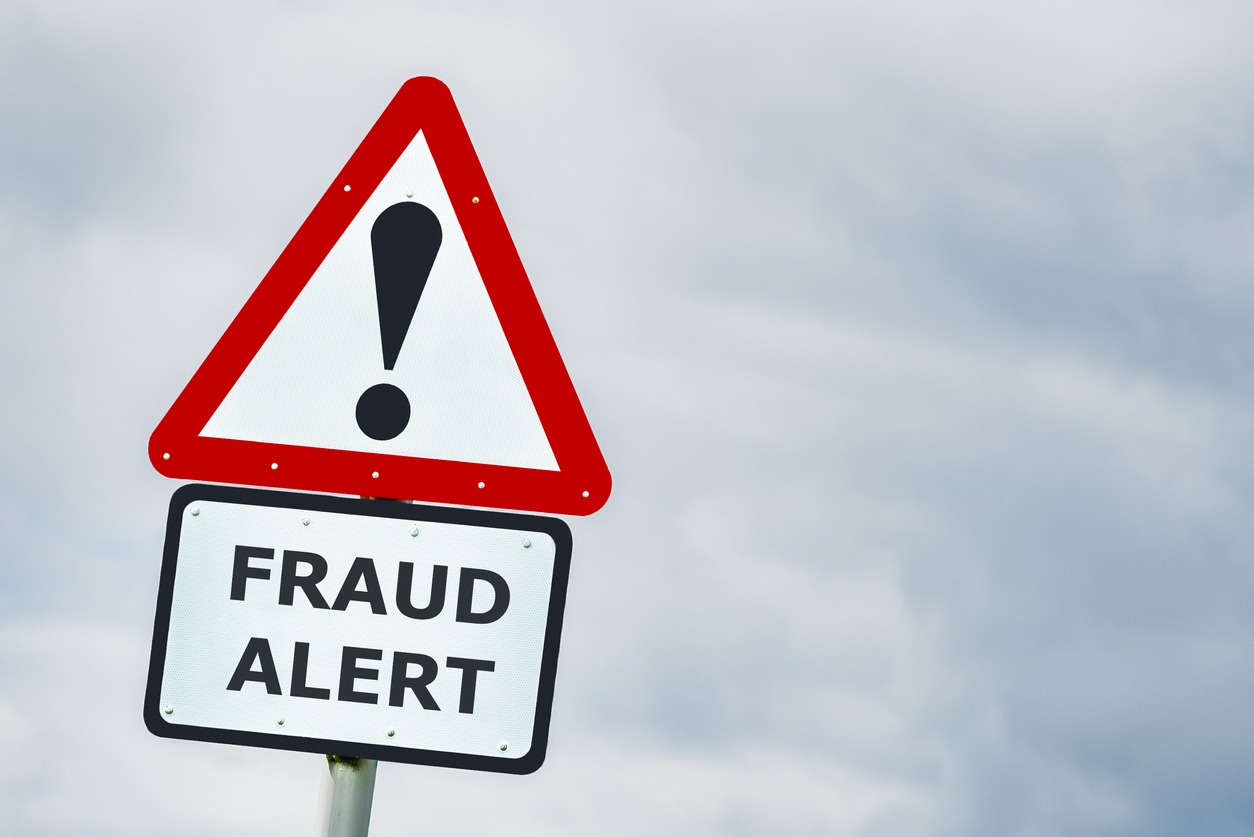Protecting Your Legacy: Preventing Estate Fraud When There’s No Will
A recent investigation by the BBC has exposed the extent of thefts carried out in cases where someone dies without a Will. The report, published in early July 2025, looked at the estates of several deceased individuals who had not left a Will and highlights estate fraud.
The report found evidence that a criminal gang had been exploiting weaknesses in the probate system. Systematically stealing millions from estates and committing tax fraud.
For example, two sisters were told that after the death of an aunt, whom they had not seen since childhood, they would inherit her estate. The estate included property in south London, potentially worth nearly £1 million.
A company that locates missing heirs notified them of the situation. In return, the sisters were required to allow the company to apply for a Grant of Letters of Administration so that the estate could be wound up. The company would take a share of the inheritance in payment for their service.
However, partway through the process, a Hungarian national came forward claiming to have the aunt’s Will, which described him as her ‘dear friend’. It named him as her sole heir and the executor to her estate.
Incriminating evidence
- The aunt’s friend and neighbour had never heard of the Hungarian friend.
- The date of the Will – it was signed after the aunt had become disabled and housebound. She had few visitors at this time.
- The Will disinherited her husband, who was still alive when the Will was made and who was her carer.
- Her husband was the joint owner of the house. Therefore she was unable to leave it to anyone else.
- The aunt lived in a care home after her husband’s death. There was no record of the Hungarian national ever visiting her there.
- The Hungarian individual’s address in the Will was a block of flats that was not constructed until several years after the date of the Will.
- The Hungarian national claimed that he had never heard of the aunt’s family.
The sisters were advised that if they wanted to take matters further, they would have to fund a civil claim, which they were unable to afford.
How are estates stolen after a death with no Will?
Criminals are identifying cases where no valid Will has been located, then forging a Will. They make themselves the executor and beneficiary of the estate, and take everything. The police and probate system are not taking action to identify and prosecute those involved. Therefore, criminals are able to keep offending unchecked.
Removal of the government’s list of estates with no Will
The way that criminals are identifying estates with no Will is the Bona Vacantia list. This is a list on the government’s website of unclaimed estates. It is used by heir hunting companies, seeking to locate legitimate heirs. They then contact them and enter into an agreement that will give the company a share of the inheritance. However, the list is also being used by criminals who simply forge a Will and claim the estate in its entirety.
Following the BBC’s investigation, the list was taken down from the government’s website. Speaking to specialist legal publication, Today’s Wills and Probate, a government spokesman said: “We are working with the relevant agencies to support ongoing investigations into alleged fraudulent activity. As such we are unable to comment further to avoid prejudicing any potential legal action.”
Avoiding the theft of your estate
There are several steps you can take to make your estate as secure as possible and prevent it from being stolen by offenders. These are:
- Have a clear Will drafted by a professional Wills writer. This will provide a clear record of your instructions and your state of mind at the time you made the Will.
- Ensure that your Will is correctly drafted, signed and witnessed. Errors can make a Will invalid, leading to an estate being without heirs. If you use a professional to draft your Will, they will make sure that everything is dealt with in accordance with the law.
- Store your Will safely. Your provider may offer storage, and they will give you a receipt that you can keep with your important documents.
- Register your Will with the National Will Register. This is a central register giving details of the location of Wills. If your Will cannot be found after your death, it is likely that checks will be made with the Register.
- Tell your loved ones where your Will can be found. Making sure people know where to find your Will when the time comes can prevent difficulties.
- Review your Will regularly. Especially in the event of any major life changes. This could be the death of someone close to you, the birth of a child or a grandchild, or changes in your financial situation. A review is recommended every three to five years. This will ensure that the document is up to date.
If you would like to discuss making a Will or review an existing Will please call us FREE on 0800 781 6658 or email us at enquiries@estplan.co.uk

Our services help numerous clients and their families to proactively safeguard their wealth and optimise inheritance for cherished beneficiaries. Plan for the future now, ensuring later-life protection and certainty for your loved ones.
